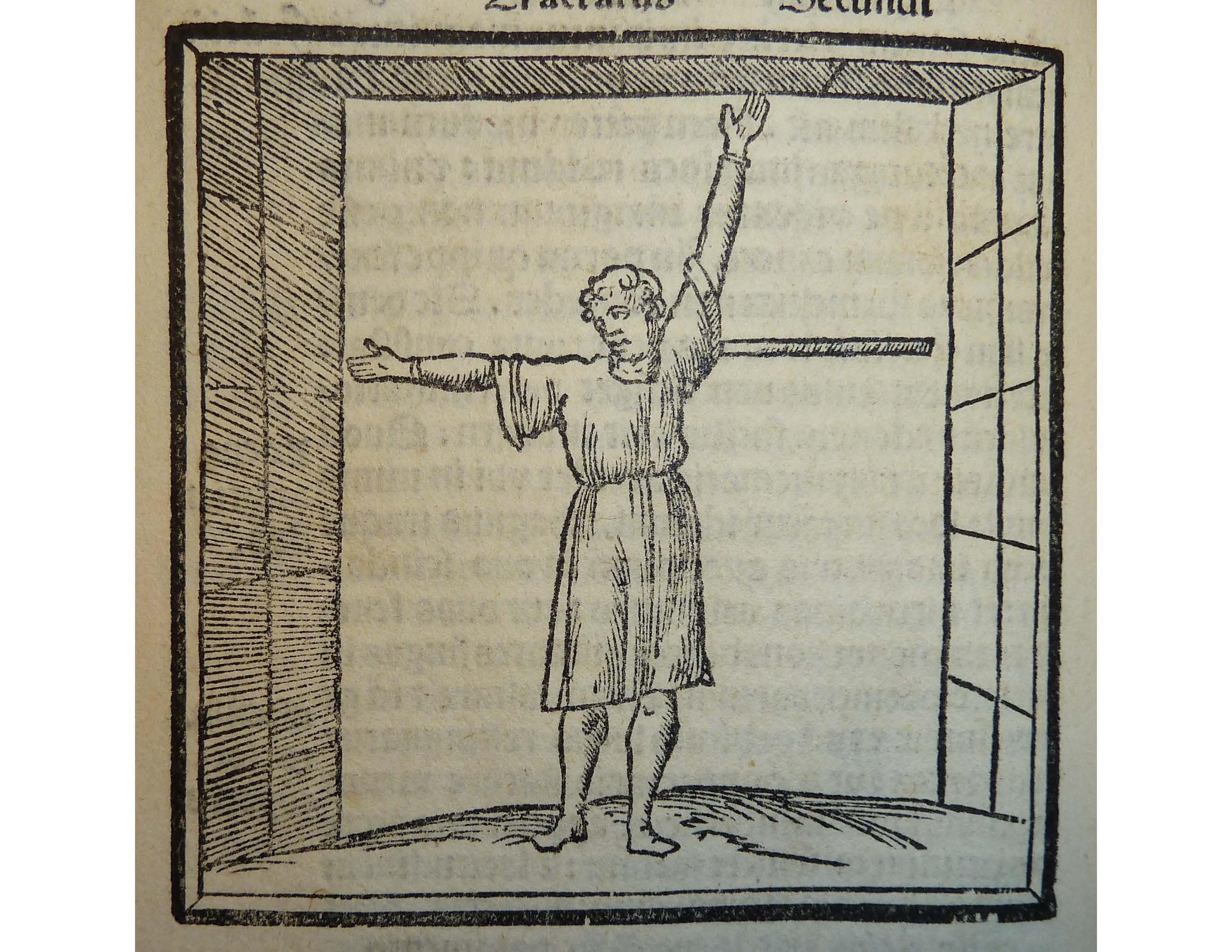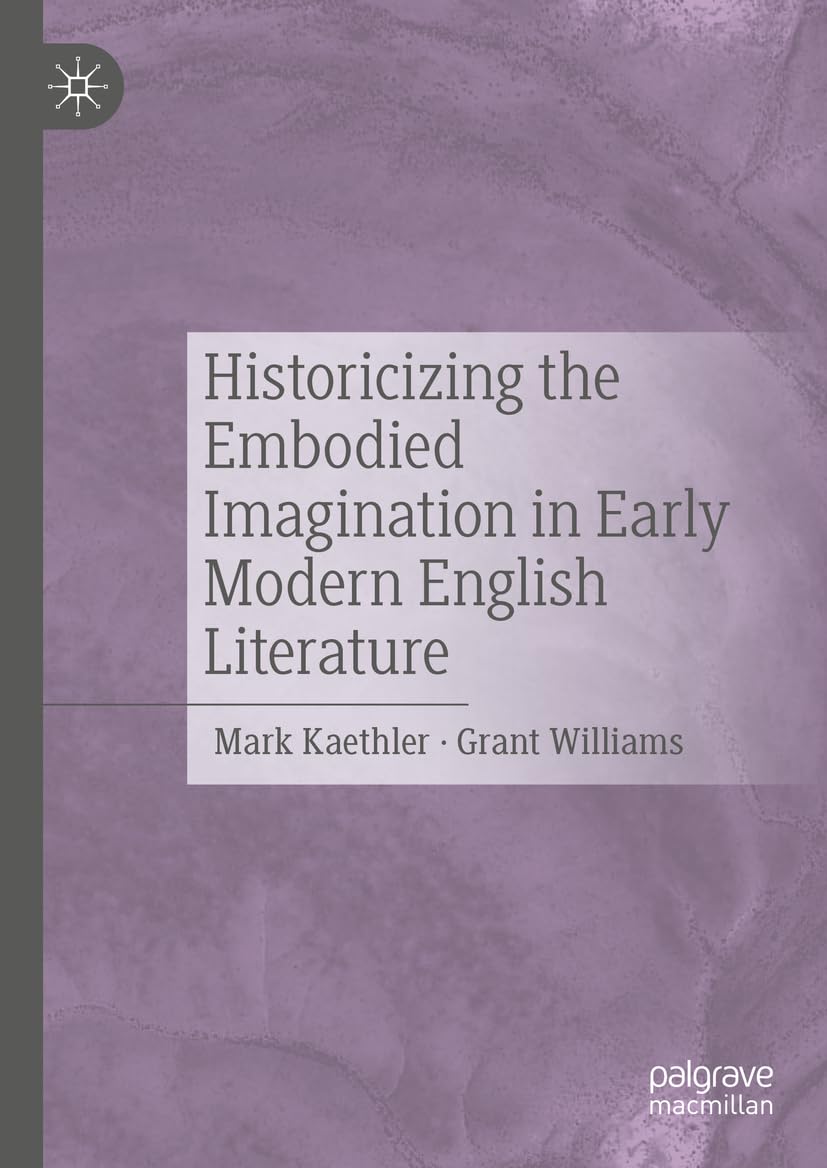
Historicizing the Embodied Imagination in Early Modern English Literature already has been reviewed favorably by Professor Todd Butler of Washington State University: "This is a rich and thoughtful volume that, while being grounded in readings of faculty psychology with early modern English literature, also ranges widely across not only genres but also much of the core timeline of the period. In focusing on the pre-Cartesian nexus between the mind and body, the authors’ collective focus returns a valuable—and historically grounded—specificity and richness to our understanding of a mental faculty that at once worried and fascinated the writers of the period."
Engel's essay begins with the Renaissance analogical commonplace of "poesy" corresponding to the imagination to launch his investigation into how imagination is disclosed—or “unconcealed”—through the operations associated with constructed memory palaces. Both Martin Heidegger and Francis Bacon deliberately and self-consciously draw poesy into the sphere of their respective philosophical concerns and insist on memory’s role in imaginative thinking, a fundamentally Aristotelian theme deeply embedded in scholastic faculty psychology. Such an understanding of poesy offers a ready-way to approach both the personification of imagination in William Langland’s Piers Plowman and Edmund Spenser’s Faerie Queene, and Bacon’s privileging of imagination as a reflective and generative process in New Atlantis—each example representing a telling and transitional “moment” in the development of premodern instantiations of the embodied imagination.
To access this essay, click here.
To learn more about Professor Engel's activities at Sewanee, click here.


